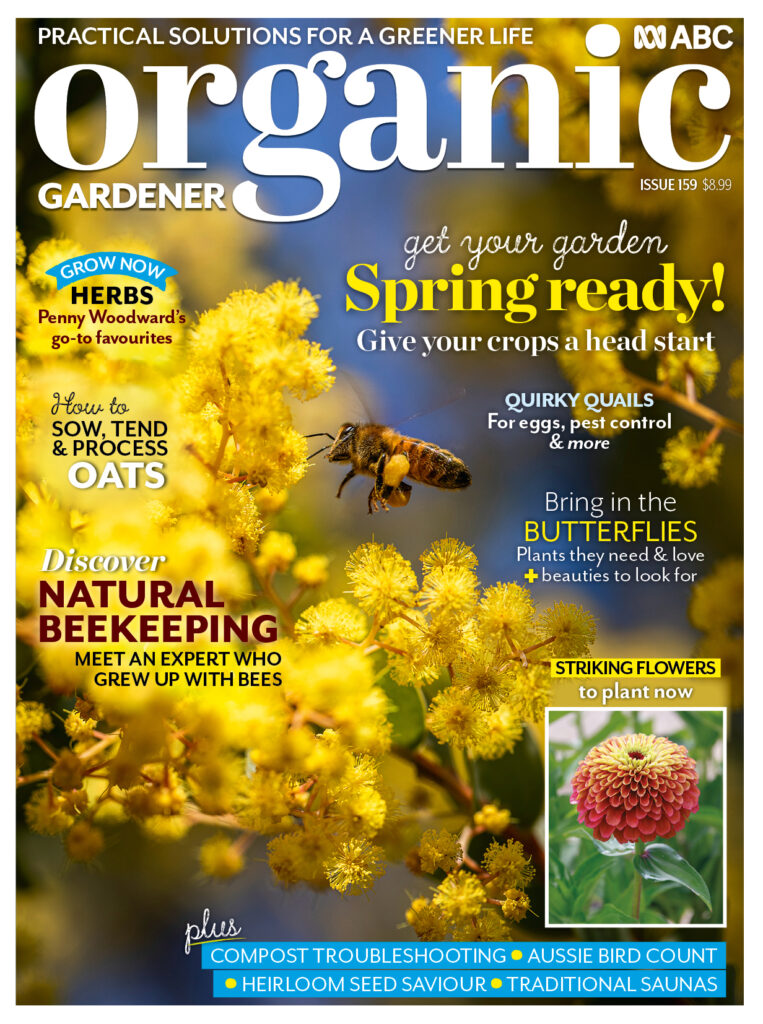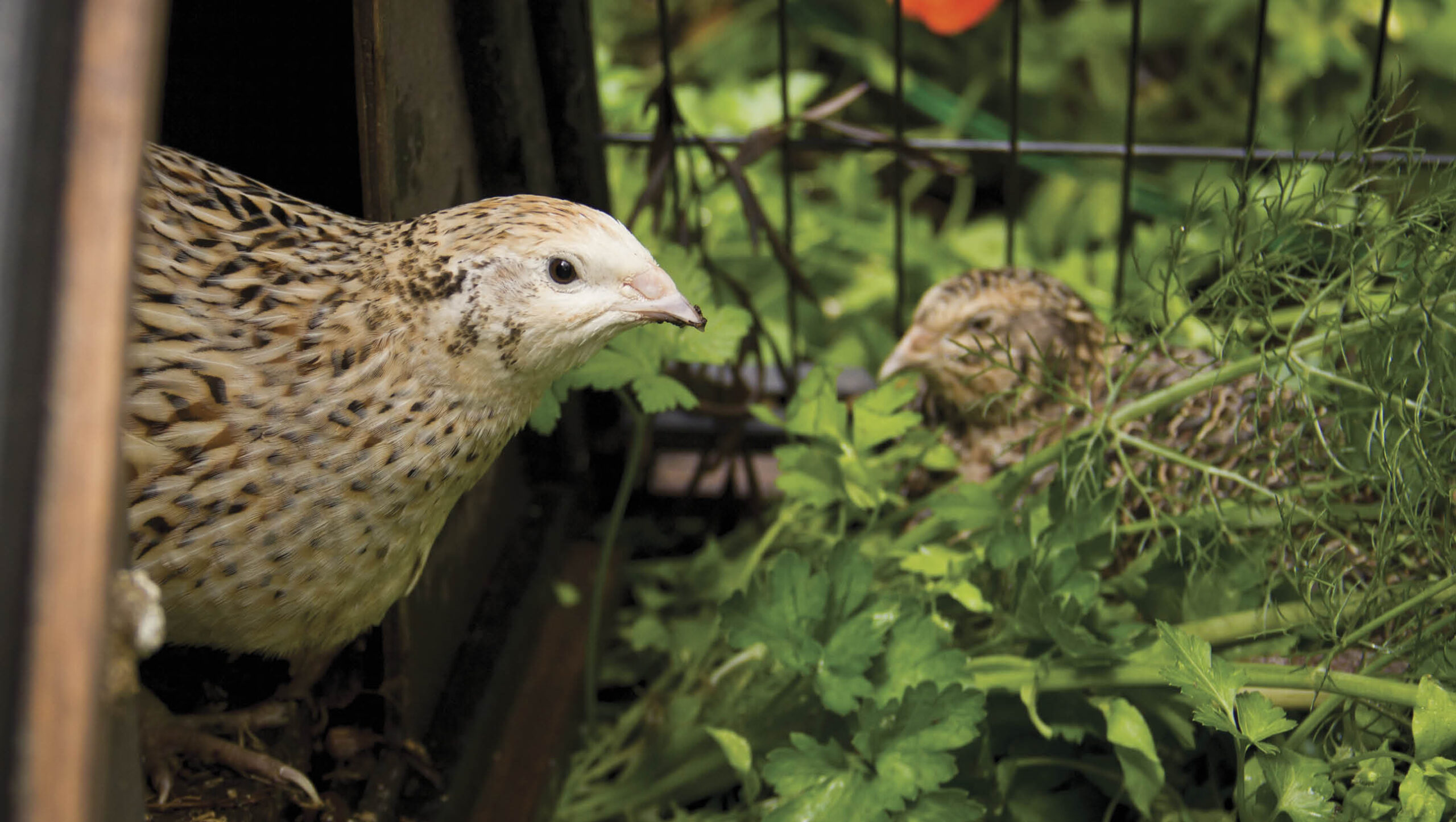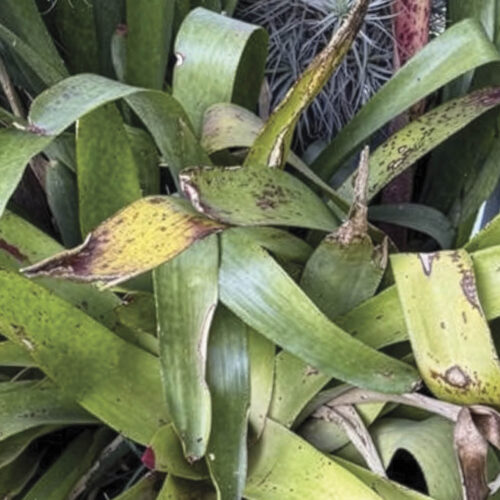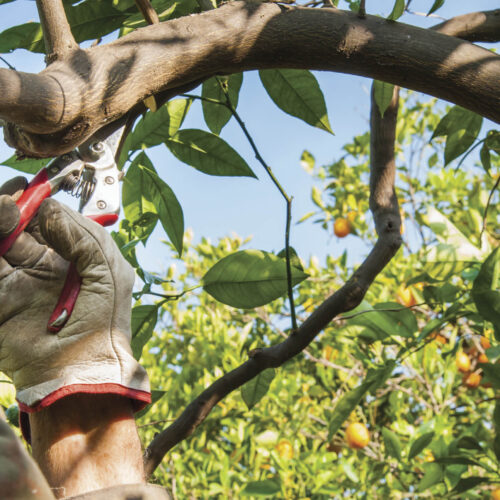Why quails are a winning choice
2025-07-29T18:30:16+10:00
If you are short on space, coturnix quail are cheap to keep, produce lots of yummy eggs and will even help out in the garden.
If you are short on space but hankering for a productive little backyard layer, coturnix quail are worth your attention. These small domestic birds are fantastic layers. They cost little to keep and are hardy, cheerful little creatures that will love to help you with some light gardening.
Why keep quails?
The Coturnix japonica or Japanese quail is our most common domestic quail species. Coturnix have been domesticated since the 12th century and are highly adapted to backyard egg production. They are cheap as chips, around $10 each, and readily available to buy online. Quail usually live for two to three years, but some of mine have lasted up to five.
Females are slightly larger than males, but the more reliable method of telling them apart is vent sexing. From sexual maturity, males will release a foamy substance from their cloacal gland when it is gently pressed. This foam will also appear dotted around the quail enclosure.
There’s no need to keep a cock bird if you simply want females for eggs. The males trill rather than crow, however, so are quiet enough to be kept in urban backyards. This means you can keep a self-replacing flock if you can source an incubator to hatch chicks; the hens rarely go broody.
In the garden
- Quails are active garden helpers that will love pecking at grass and insects, scratching around weeds and removing pests from the underside of leaves – you may have to cede those leaves to your feathered workers, though.
- Quail can be used to patrol securely netted vegie gardens, greenhouses and food forests for weed seeds and insects. Alternatively, throw weeds, seedheads, spent vegies and bug-ridden brassicas into the quail pen for them to peck through.
- Quail are too small to double dig for you, but a quail tractor can be used over a harvested vegie bed for birds to scratch up weeds, seeds and pests. The tractor may be small and lightweight but should provide weather protection and safety from predators.
Read Jessamy’s full article on the benefits of quails and how to take care of them in urban backyards, get a copy of our Early Spring 2025 issue (OG 159) here.







